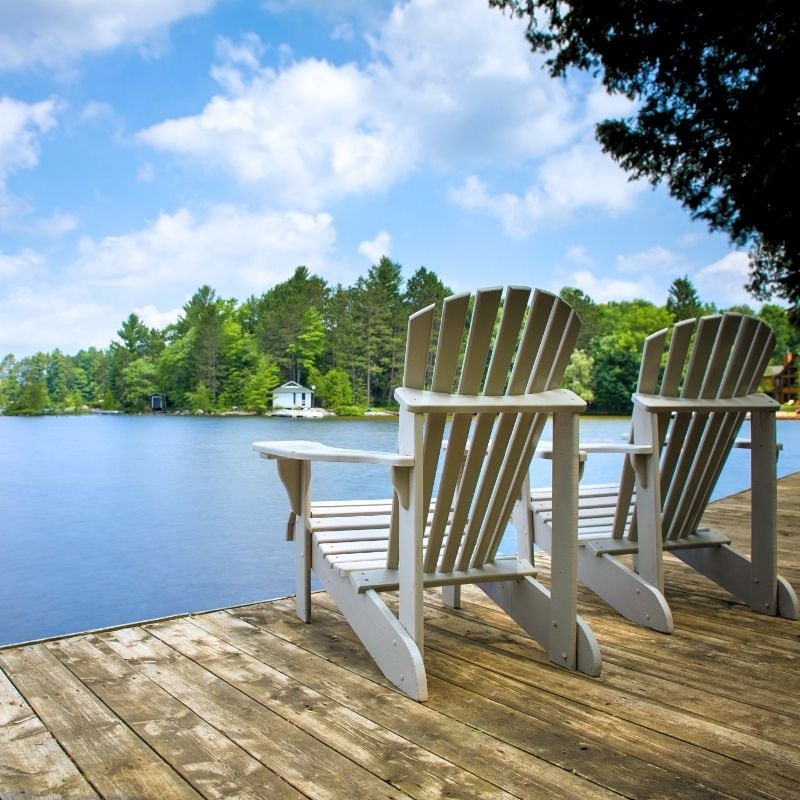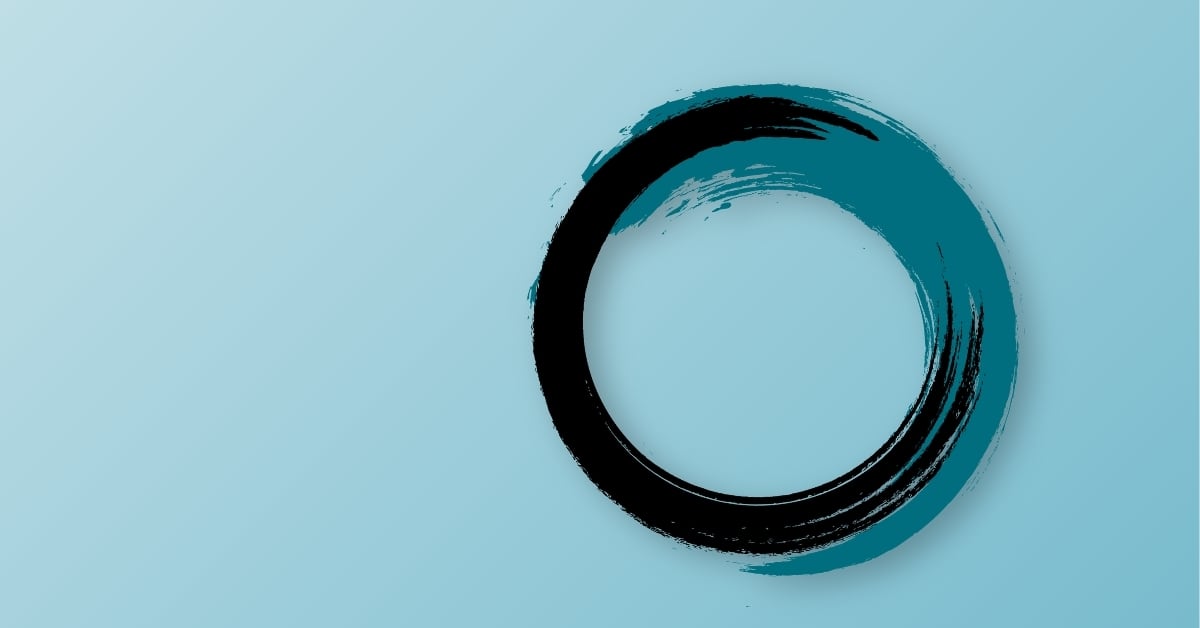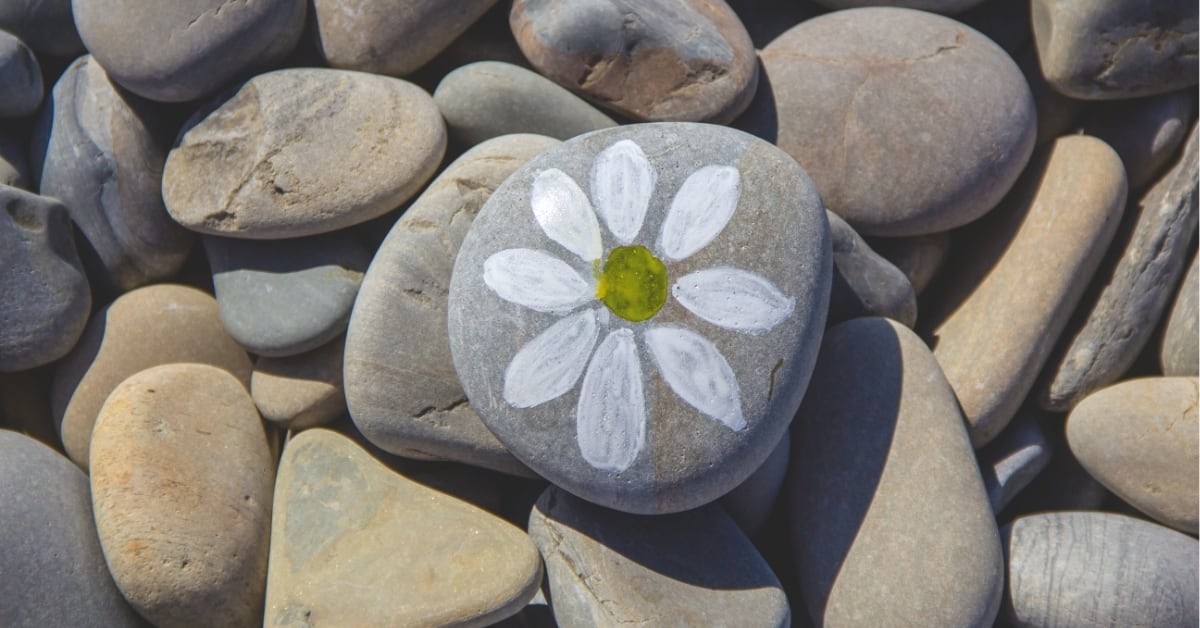A summer vacation is important for leaders, too

How taking time off can help you, your team and your organization grow
By Sandra Oliver
In July, I took two weeks to spend time at our cottage with friends and family. I swam each morning and went for long walks in the forest every day. I sometimes listened to podcasts about enhancing health and wellbeing from content creators I respect and admire. We had lots of our favourite guests visit.
I purposely and frequently left my mobile phone in another room so I couldn’t access it constantly. I left the curtains open and got up with the sun. No alarm. And I didn’t check in with my team unless they really needed my help, which happened only once.
It was glorious. I came back refreshed and re-energized.
This is hugely important for us to do as leaders.
We need to take the time to focus on ourselves and the people we love, and ensure we thrive in all aspects of our lives.
Especially when we dedicate so much of our time to leading and attending to the needs of our teams and our organizations.
Be intentional about your time away
Taking a vacation can seem like an impossibility. We work too hard before and too hard after. We feel like our people, our clients and our organization need us. That they can’t progress or succeed without us. That we can’t take a break.
But that’s not the case. At least, not if we’re intentional about taking time away. And we trust that the people around us can not only do the work when we’re not there, but excel at it. Use vacations as an opportunity to let people take on new things and learn, even make a few mistakes.
Like everything, I wanted to reflect and share. Here are a few things that struck me.
Things that worked for me to not only make a vacation possible, but more rewarding:
Planning with intention: In preparing for my two weeks at the cottage, I asked our team to try to take their vacation at the same time. We had a few people in the office to manage clients and coaches, but several of our team were away when I was. This reduced the email traffic and the need for internal meetings for all of us. And it allowed the people who were “holding down the fort” to focus on the highest priority items. It also allowed us all to come back at the same time with a similarly renewed sense of energy and momentum.
Detaching from my mobile phone: I put my phone in a drawer for most of the two weeks and only checked in with the world on my computer. Being on my phone is a frenetic experience that can distract and drain me in a way that just doesn’t happen when I’m on my computer. For my vacation, I wanted to focus on relaxion and renewal – and my phone just doesn’t contribute to that. It had such a profound impact, in fact, that I’m aiming to continue staying off my phone as much as possible to help maintain that sense of equanimity.
See the first Mel Robbins Podcast link below in ‘Dive deeper‘ to learn about how scrolling first thing in the morning depletes your dopamine stores, so you don’t feel a sense of joy and reward from any work you do afterward.
Trusting my team to run with things: In an effort to reduce my own mental load, I tried to really trust my team and give them the room to elevate. I wanted them to work together, help each other more, and figure things out themselves. For some members of my team, I issued a challenge and had a conversation with them around it before I left for vacation, and then let them run with it while I was away. Rather than be there to help them along the way, I left them the room to rise to the challenge and succeed in their own way. And it’s something else I aim to continue doing – to help me, and them.
Taking what I learned about myself and implementing it: Swimming in the lake and walking in nature everyday was restorative for me. I didn’t take technology with me. There were no engine or city noises, just the sounds of birds and the presence of the trees. It was relaxing, mindful, and re-energizing. Staying connected to that is important to me for my wellbeing and I’m going to implement it in my life as much as possible. That means going for longer walks in the morning and being in nature more often. Without my phone. There’s lots of science on the power of nature. It’s really important for wellbeing.
Remembering that friends and family matter so much to wellbeing: Being present with people and having great conversations is very important and sometimes hard to do properly when you’re rushing from one scheduled event to another.
Being with the people you love for an extended period with nothing scheduled is a gift to be relished.
We had a number of guests and a lot of great conversation. I sometimes think that vacations can be too focused on seeing the sites and taking great pictures. I’m not sure that has the same lasting impact on your wellbeing as having a long conversation and a walk in the forest with a friend or family member.
Bringing the best of my vacation back to work
This year at Impact we lost some really important players on our team. Making these changes as a leader and maintaining them will help all of us step up so we have a greater sense of control. With a smaller team, we’ll work together more, help each other more, and be more fluid and flexible. The changes will help me grow as a leader. And they’ll help all of us grow as individuals and as an organization.
Dive deeper
Health and wellbeing podcasts I listened to and benefited from on my vacation:
The Mel Robbins Podcast
Before You Waste Time, Listen to This
The Mel Robbins Podcast
How to Build Closer Friendships & Get Rid Of Loneliness




